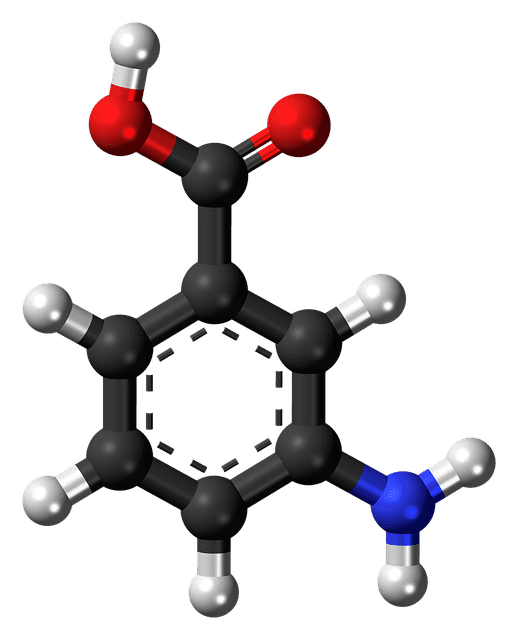According to a news release from biopharmaceutical company BridgeBio Pharma, Inc., the first patient was dosed in a Phase 1 study. Researchers are evaluating the safety, tolerability, pharmacodynamics, and pharmacokinetics of BBP-671. BridgeBio is developing BBP-671 as a potential therapeutic option for those with conditions such as pantothenate kinase-associated neurodegeneration (PKAN), propionic acidemia, and methylmalonic acidemia.
The first portion of this study evaluated the therapy in healthy volunteers. Now, in the second portion, up to eight patients with propionic acidemia, and the same amount with methylmalonic acidemia, will receive BBP-671. In addition to tracking safety and tolerability, researchers also hope to determine potential biomarkers to more easily identify and monitor these conditions. So far, the first patient dosed had propionic acidemia.
What is BBP-671?
According to BridgeBio Pharma:
Coenzyme A (CoA) plays a crucial role in energy metabolism and is implicated in a large number of disorders, including ultra-rare diseases like PKAN and organic acidemias. BBP-671 is a novel small-molecule approach designed to modulate Coenzyme A levels by leveraging recent research about the CoA synthetic pathway.
The therapy is orally administered. Preclinical studies highlighted how BBP-671 improved survival rates for mice models of propionic acidemia. Initial data from the first portion of the study was also promising. Data from the second portion of the study should be available in early 2023, with a Phase 2/3 study being planned for later next year.
Currently, individuals with these conditions manage using dietary restrictions or supplements, as well as organ transplants. Thus, if BBP-671 was shown to be beneficial, it could fill an immense unmet need within this community.
Propionic Acidemia and Methylmalonic Acidemia
Both propionic acidemia and methylmalonic acidemia exist under the overall umbrella of organic acidemias. Propionic acidemia, results from propionyl CoA carboxylase deficiency from PCCA and PCCB gene mutations. Normally, the enzyme helps break down amino acids in certain proteins. However, a deficiency causes abnormal levels of toxic substances to accumulate in the blood. Propionic acidemia symptoms typically appear within the first week of life. These symptoms can include vomiting, appetite loss, hypotonia (low muscle tone), lethargy, poor feeding, seizures, dehydration, constipation, and – without adequate treatment – coma or death.
MUT, MMAA, MMAB, MCEE, and MMADHC gene mutations cause methylmalonic acidemia. These mutations reduce or change the production of methylmalonyl CoA mutase, an enzyme which helps to break down amino acids, lipids, and cholesterol; this later causes enzymatic defects in the metabolism of the amino acids methionine, valine, isoleucine, and threonine. As a result, an unusually high level of acid accumulates in the blood and bodily tissues. Symptoms typically appear within the first few months of life. These can include low blood sugar, hypotonia, drowsiness and lethargy, acidosis, vomiting, dehydration, developmental delays, respiratory distress, an enlarged liver, seizures, anemia, neutropenia, thrombocytopenia, and coma.








